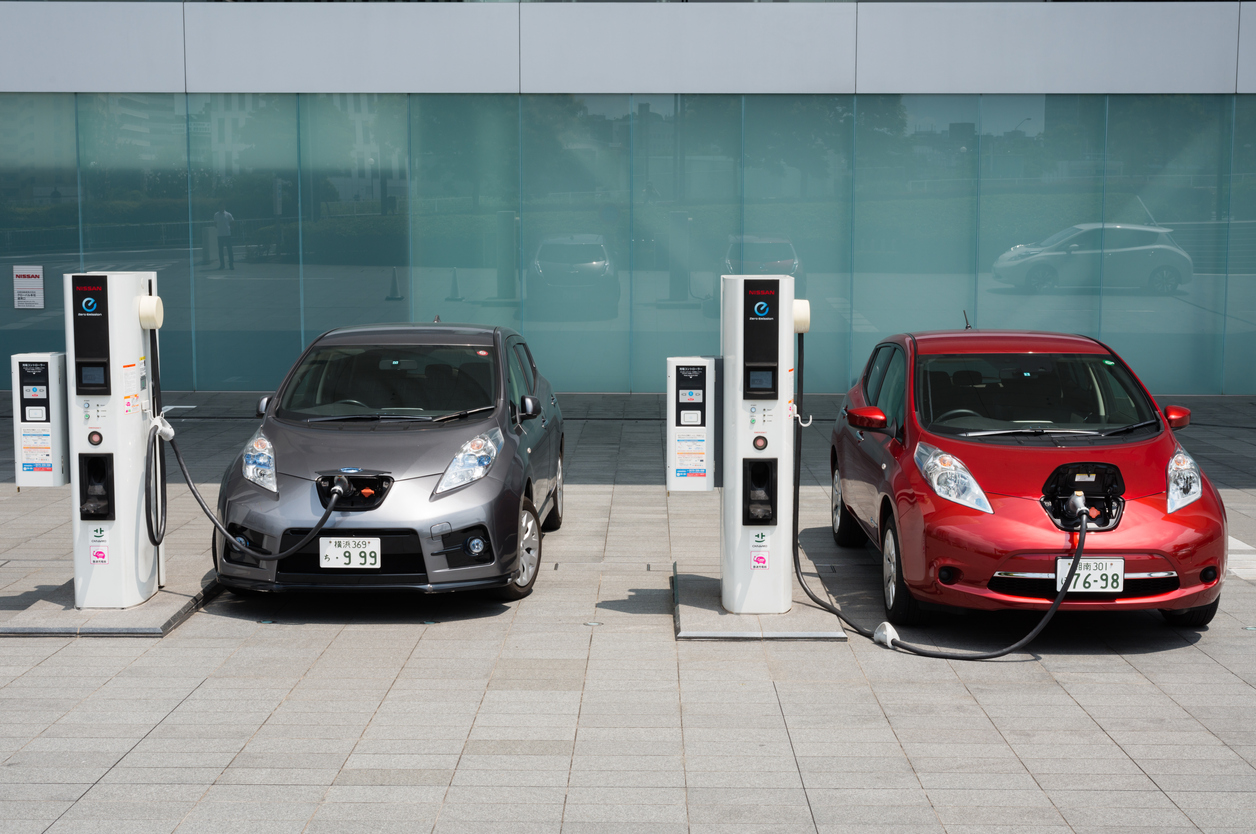
With GST rate cut, buying electric vehicles becomes a viable option

In a bid to push electric mobility, the Goods and Services Tax (GST) Council on Saturday (July 17) slashed tax rates on electric vehicles (EVs) from 12 to 5 per cent, making EVs a viable option for customers looking to buy a car.
The Council also reduced the GST rate on EV chargers from 18 to 5 per cent, effective August 1. It further made hiring of electric buses by local authorities tax-free. This means that buying an electric vehicle will soon be easier on your pocket.
The move is in line with the government’s intention to push the sale of electric vehicles in the country. The changing climate conditions and rising pollution levels have forced consumers and governments across the globe to shift to a less-polluting mode of transport.
India has witnessed a rapid growth in number of vehicles plying on its roads, thus fuelling the country’s crude demand. A 2018 NITI Aayog report suggested that India could have saved ₹1.2 lakh crore from crude oil import if the two-wheelers alone adopted electric mode of operation.
Also Read: Electric vehicle manufacturers welcome duty reduction
Thus, the Indian government is trying to lure customers to buy electric vehicles by providing incentives.
In the Union Budget 2019, Finance Minister Nirmala Sitharaman announced income tax rebate of up to ₹1.5 lakh on interest paid on loans to buy EVs, taking the total exemption benefit to ₹2.5 lakh over the entire loan period. To further reduce the cost of EVs in India, the government has also exempted customs duty on lithium–ion cells. The lithium-ion battery accounts for 70 per cent of the cost of two-wheelers and 50 per cent of cars.
On an average, an electric vehicle is twice as expensive as fuel-run vehicles. For instance, the electric variant of Maruti’s popular hatchback Wagon-R, set to launch in 2020, is expected to cost up to ₹12 lakh. The internal combustion engine (ICE) variant of the same car costs just ₹4.2-5.7 lakh. However, the recent measures might bring down the cost of the electric vehicles.
On the other hand, The Times of India reported that the government may hike the price of registration of petrol and diesel cars to ₹10,000 from the existing ₹600 to discourage people from buying such vehicles.
Also Read: Auto component industry fears loss of 10 lakh jobs due to prolonged slowdown
Currently, the share of electric vehicles in India is negligible. In the previous financial year, total electric vehicle sales in India stood at 7.59 lakh units. It included sales of 1.2 lakh electric two-wheelers, 6.3 lakh electric three-wheelers and 3,600 electric passenger vehicles.
Overall, about 34 lakh passenger cars were sold in the country against 2.12 crore two-wheelers, according to data released by Indian automobile manufacturers. The number of three-wheelers sold in the country totalled seven lakh.
India has set a target to achieve 100 per cent electrification of two-wheelers and three-wheelers by 2023 and 2025, respectively, as sales of vehicles are much higher in these two segments.
According to a BloombergNEF report, EV penetration in passenger cars is expected to touch six per cent by 2030 and then grow rapidly to touch 28 per cent by 2040, making India the fourth largest passenger EV market in the world.


